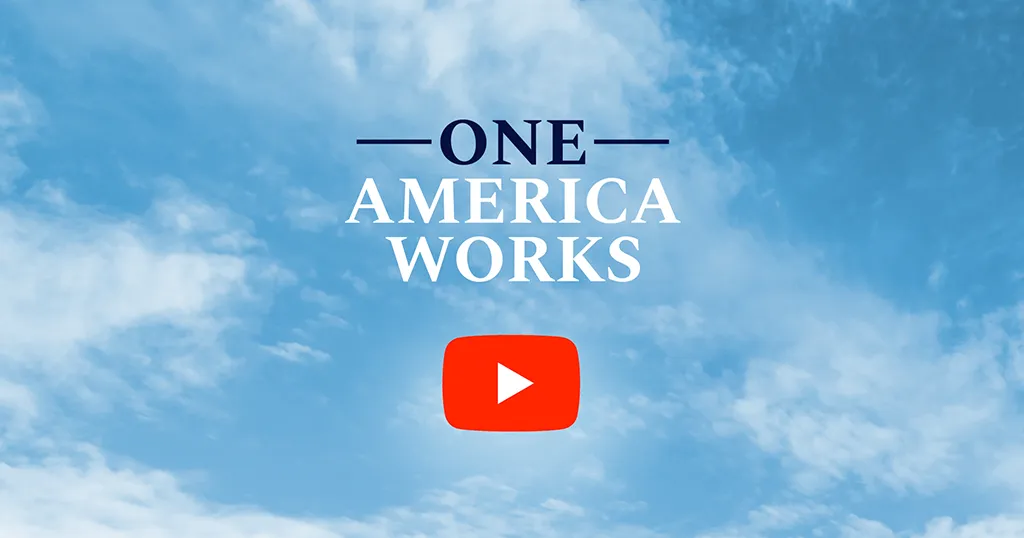COVID-19 has flipped the tech job market on its head, and many tech workers have found themselves suddenly out of a job. The Wall Street Journal reports that close to 70,000 tech startup employees have lost their jobs since March. Large companies weren’t immune to the wave of layoffs, either: Airbnb and Uber both cut around a quarter of their jobs, a staggering proportion. Comprehensive graphs from Bloomberg show how the economic damage and planned job reductions have affected virtually every section of the tech industry.
There’s likely to be an upswing, though: as the public health crisis abates and the economy recovers from widespread shutdowns, hiring will probably pick up again. Plus, some sectors and companies are continuing to grow, and a new, larger talent pool is now accessible to smaller businesses. The numbers may be intimidating. But companies that navigate recruiting and growth successfully could emerge from the pandemic stronger than before.

Continued Growth for Some Companies
In the spring, Jai Sajnani, a principal at venture capital firm New Enterprise Associates, compiled a database of tech companies hiring through the early pandemic. The list covered 180 startups continuing to hire during COVID-19, distributed across consumer tech, healthcare, and enterprise tech—the last most prevalent, with over 50% of all job listings related to enterprise tech.
In addition to engineering positions, enterprise tech companies continued to hire for design and sales and marketing positions.
More recently, CRN analyzed tech employers to determine which companies are still hiring and growing. Amazon took the top spot as the commerce giant continued to hire software developers, network engineers, program managers and system engineers. Amazon’s services are useful to consumers in the days of social distancing. But other companies are growing across varied tech sectors: Dell, T-Mobile, and platform service specialists like Oracle all made the list.
Food, fitness, and gaming startups are all growing through the pandemic as well, according to research from the U.S. Chamber of Commerce. PlayVS, an esports disruptor, the fitness startup Mirror and the vegan-meat company Impossible Foods are all gaining popularity among investors and consumers as well. eMerchandise is flourishing too. Work It Daily reports that mobile and web payments provider Braintree is one of the top tech companies looking to hire in the summer.

The Opportunity at Hand
While unemployment has spiked, tech companies are persisting. How can tech startups and growth companies leverage the moment to their advantage?
Recessions present a silver lining to startups. Small and agile companies can outmaneuver business giants to score top talent. There’s no doubt that in the tech talent pool has expanded in terms of sheer numbers: so many layoffs and job reductions fills the market with top employees in search of a new gig.
Writers at InsiderPro conducted interviews in early 2020 with over 350 senior tech execs across 40 industries to get a grasp of tech workforce trends. They report that many saw tech staffing systems as inadequate before the pandemic hit. COVID-19 has completely changed the hiring landscape; as tech recruiters rebuild, they actually have an opportunity to rework whole systems and fix older problems. Because the tech world has been so fully shaken up, there is now an opportunity for businesses to make better matches: new employees’ skills especially suited for new jobs.
A recent report from Dundee Venture Capital and Crunchbase found that annual venture funding for startups in the “Mighty Middle” of the U.S. (the 25 noncoastal states) has more than tripled over the past decade. While the pandemic is stunting growth around the country, there’s reason to think that the region might emerge even “mightier”—the tech profile of the country might well shift to increasingly favor Midwest companies. Greg Beaufait, a partner at Dundee Venture Capital, suggested as much in an interview with Built In. Unlike coastal unicorns that prioritize growth at a sharp cost, Beaufait said, companies in the Mighty Middle have overseen “efficient growth” that leaves them with more stability.
Beaufait doesn’t think that the pandemic will bring long-term damage to the tech ecosystem in the Mighty Middle. He points out that cities like Chicago, Denver, and Austin have seen rich seed funding in the past years, signaling future growth. The region will continue to host its research institutions and to enjoy diverse engineering talent from Big Ten schools.
Gené Teare, the head of research at Crunchbase, told Built In that the main takeaway of the survey is related to investment. It hasn’t slowed as severely as it did in the 2008 recession, when many investors adopted a “wait and see” approach before the economy stabilized. Instead, Teare said that investors do see “an opportunity to invest” during the pandemic.
Midwest tech ecosystems have what they need to survive, and now have an opportunity to thrive with proven success, research institutions and plentiful talent pools, and investment interest.

The One America Works Solution
Hiring and growth can continue despite public health challenges. Creative recruiting and onboarding practices will be one of the major keys to successfully steering through COVID. Companies need to think outside the box of traditional tech hiring fairs and recruiting practices. Simply put, they need to go virtual—meeting employees where they are, online and outside of the Bay Area. The virtual relationships and hires formed now will pay off in the future.
One America Works has found success hosting virtual job fairs. Our initial approach was to hold job fairs in Silicon Valley—meeting the need for a tech ecosystem that better matches jobs and skills around the country. This quickly shifted directly to our growing tech hub cities beyond the coast.
Because of COVID, we’ve virtualized our approach. One America Works uses the digital confencing platform Remo to create a virtual job fair environment online. We invite a dozen or more companies to participate and end up with a pool of 75-100 qualified, vetted candidates. The candidates and companies are matched and participate in short interviews for the duration of the event.
OAW hosted its first virtual recruiting fair in late May. Even though the date fell right in the middle of the pandemic, OAW found that several fast-growing companies were still avidly searching for talent. The fair focused on the recent tech hiring in Pittsburgh—a well-known hub for artificial intelligence, robotics, and fully remote companies. In these spheres, companies were searching for talent to fill open positions. We stepped in to support them, connecting individuals with opportunities.
OAW’s mission includes helping companies and individuals alike, to improve the economic health of America’s growth throughout the company. We’re seizing the chance to connect top talent in need of work to growing companies and cities offering excellent opportunities. Across programming, product, sales, and other fields, we host recruiting fairs that allow tech talent based in high-cost coastal cities to make a move and find fulfillment. Contact us today to find out more about our virtual recruiting fair model—and how we’re pursuing our mission in 2020 and beyond.



